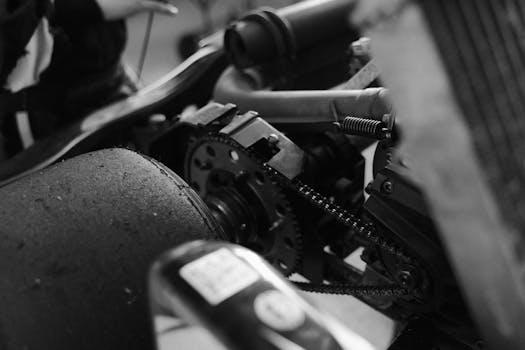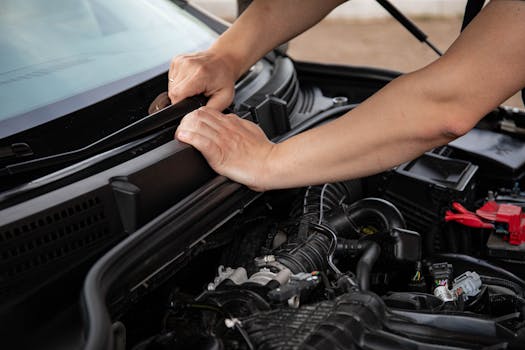
Essential Tips for Effective Car Engine Maintenance
Takeaways: Proper engine maintenance is crucial for vehicle performance and longevity. Regular oil changes, timely inspections, and attention to cooling systems are key aspects of effective car care. Follow these guidelines to keep your engine running smoothly.
Maintaining your car’s engine is vital for ensuring its longevity and optimal performance. A well-maintained engine not only enhances fuel efficiency but also reduces the risk of unexpected breakdowns. In this article, we will explore the essential practices for effective car engine maintenance that every car owner should follow.
1. Regular Oil Changes
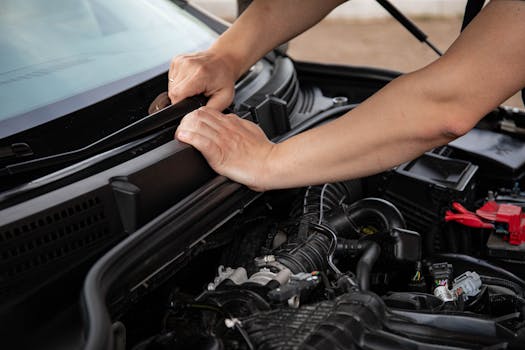
To maintain your engine’s health, it is recommended to change the oil every 3,000 to 5,000 miles, depending on your vehicle type and oil specifications. Always refer to your owner’s manual for specific guidelines.
Additionally, consider using high-quality synthetic oils that can offer better performance and protection. Don’t forget to replace the oil filter during each oil change to ensure that your engine operates efficiently.
2. Check and Replace Air Filters
The air filter plays a crucial role in your engine’s performance by ensuring that only clean air enters the combustion chamber. A clogged air filter can lead to reduced engine efficiency and increased fuel consumption.
Inspect your air filter regularly and replace it as needed, typically every 12,000 to 15,000 miles. If you frequently drive in dusty or polluted environments, you may need to change it more often. A clean air filter improves acceleration and prolongs engine life.
3. Monitor Coolant Levels
The engine cooling system is essential for preventing overheating. Regularly check your coolant levels and top them up as needed. Make sure to use the correct type of coolant as specified in your owner’s manual.
Additionally, consider flushing your cooling system every 30,000 miles or as recommended. This process removes any corrosion or built-up debris, ensuring efficient heat transfer and preventing engine damage.
4. Inspect Belts and Hoses
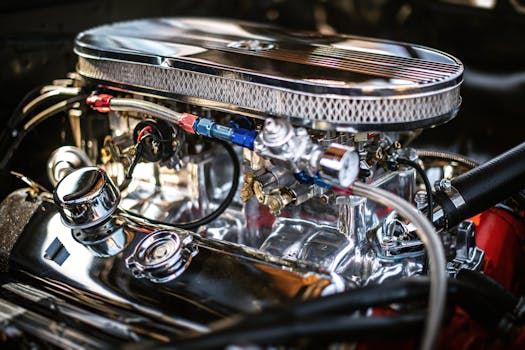
Generally, you should replace the timing belt every 60,000 to 100,000 miles, but consult your owner’s manual for exact intervals. Hoses should be inspected regularly for leaks and should be replaced if they show any signs of wear.
5. Keep an Eye on Battery Health
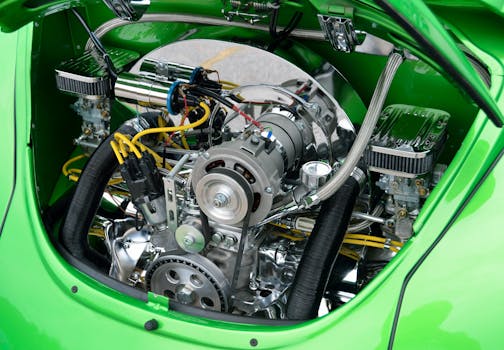
Clean the battery terminals if you notice any buildup and consider replacing the battery every three to five years, depending on the manufacturer’s recommendations.
6. Regular Engine Diagnostics

Consider having your engine diagnosed at least once a year, especially if you notice unusual noises, decreased power, or warning lights on your dashboard. Early detection of issues can prevent costly repairs and keep your engine running smoothly.
Conclusion
